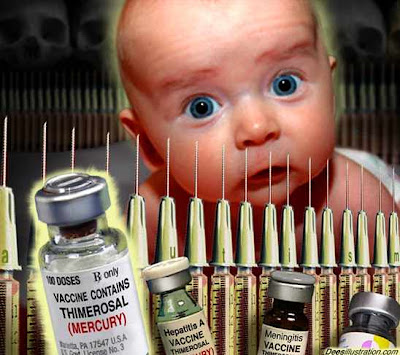4 Healthy Eating Tips for Busy People

Staying fit on a busy schedule is one of the most difficult every day problems facing people today. We seem to have gotten so much busier, and have adapted to grabbing food on our way out the door. The problem is that the foods that seem most convenient and portable are often processed and laden with sugar and bad carbs. If you have been packing on some extra pounds as a result of a busy lifestyle, try some of these healthy eating tips that even the busiest of people can implement into their schedule. 1. Pack your food the night before If you have a schedule where you often find yourself grabbing food on your way out the door, try packing that food the night before. You will have a clearer head and will be more likely to make healthier decisions. You will also be able to make choices that may take a little longer to put together, but that are significantly healthier. These can be things like a sandwich or a cut up apple with peanut butter. 2. Don't buy unhealthy foods to be...

